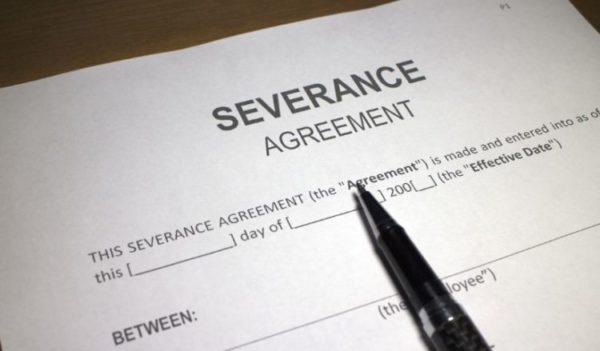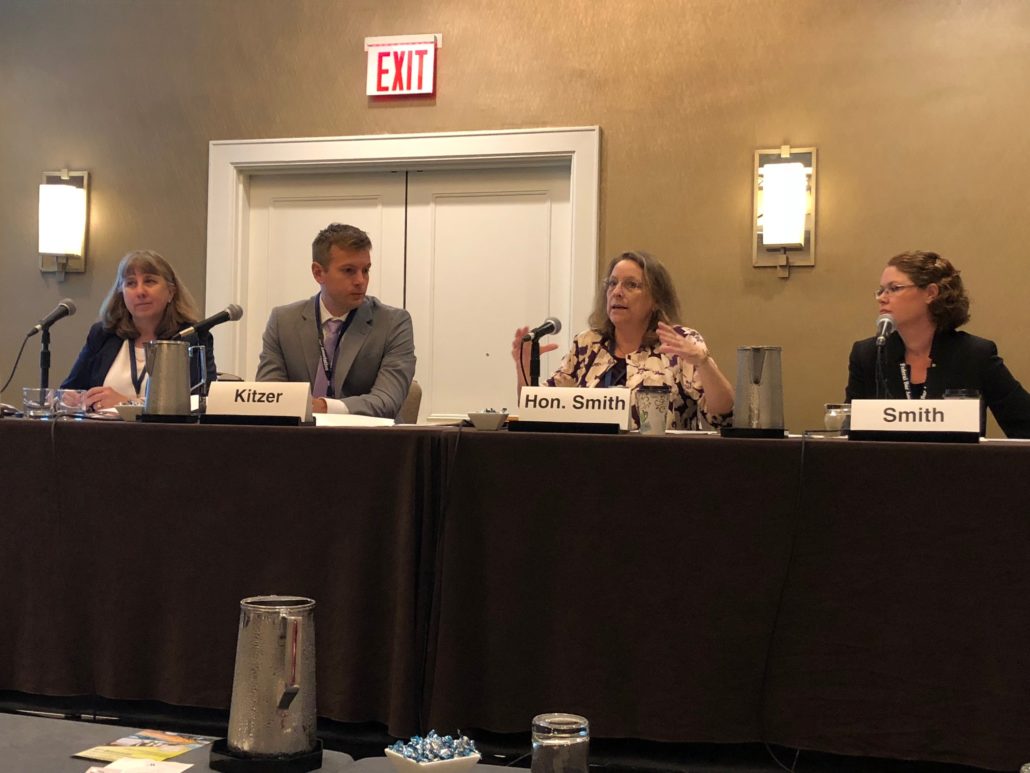The Minnesota Whistleblower Act (MWA) protects employees who “blow the whistle,” in their workplaces. This means employees who refuse to engage in illegal activity at work or who report illegal activity. To prove a whistleblower claim in Minnesota, the employee must show (1) that they engaged in statutorily protected conduct; (2) that they suffered an adverse employment action; and (3) a causal connection between the two.[1]
What activity is protected by the MWA?
Employees who report a violation, suspected violation, or planned violation of a state or federal law or rule to an employer or government official are protected under the MWA.[2] Employees who are requested by a public body or office to participate in an investigation, hearing, or inquiry are also protected.[3] The MWA also protects employees who refuse an order from their employer that they believe in good faith to be unlawful if they inform their employer that that is why they are refusing the order.[4] The MWA also provides protections for employees who report substandard quality of health care services in a health care facility, provider, or organization.[5] Public employees are protected if they communicate the findings of studies or reports that they believe to be truthful and accurate.[6] Similarly, state government employees who communicate information relating to state services that they believe to be truthful and accurate to legislators or legislative auditors or constitutional officers are protected by the MWA.[7]
In 2013 the Minnesota legislature amended the MWA to include additional, robust protections for employees who report unlawful activities.[8] Specifically, the legislature amended the definition of “good faith” report to mean any report of suspected violations of the law as long as the reports were neither knowingly false nor in reckless disregard of the truth.[9] Importantly, the 2013 MWA amendments also added protection for employees reporting common law violations from retaliatory discharge.
What is an adverse employment action?
A basic example of adverse employment action is termination of employment. However, the MWA prohibits any form of “penalizing” an employee, which includes anything that would dissuade a worker from reporting illegal conduct. This includes harassment, reducing pay, reducing hours, or other forms of penalizing a worker.
Constructive discharge is also an adverse employment action. This occurs “when an employer deliberately renders the employee’s working conditions intolerable, thereby forcing her to quit.”[10] Whether the working conditions are intolerable is determined using an objective standard, considering whether a reasonable person in the same situation would find the conditions intolerable.[11] Further, if an employee resigns because they think there is no possibility of fair treatment by their employer, this can constitute constructive discharge.[12] This might occur if an employee reports illegal conduct or refuses to break the law, and their employer then makes working conditions intolerable for that employee. Subjecting an employee to a hostile environment can also be considered an adverse employment action.[13]
How do I show a causal connection?
This simply means evidence that an employee was treated badly, or penalized, because the worker reported violations of law (or refused to participate in them). This evidence takes many forms. Statements from a manager, or treating workers differently are examples of proving retaliation. Courts have also found that close proximity between protected conduct and adverse employment action is compelling evidence of a causal connection.[14] That means that if the adverse employment action occurred shortly after the protected conduct, there is likely a causal connection between the two. For example, if an employee reports a suspected violation of the law to their employer and they are fired the next day, it is likely that the two events are related, or causally connected.
What should I do if I my employer terminated my employment or retaliated against me for reporting violations or refusing to engage in illegal activity?
Contact us at Kitzer Rochel. Our experienced employment law attorneys would be happy to discuss your case and help you understand your legal rights and options.
_____
[1] Dietrich v. Canadian Pac. Ltd., 536 N.W.2d 319, 327 (Minn. 1995).
[2] Minn. Stat. § 181.932, subd. 1(1).
[3] Minn. Stat. § 181.932, subd. 1(2).
[4] Minn. Stat. § 181.932, subd. 1(3).
[5] Minn. Stat. § 181.932, subd. 1(4).
[6] Minn. Stat. § 181.932, subd. 1(5).
[7] Minn. Stat. § 181.932, subd. 1(6).
[8] Minn. Stat. § 181.931
[9] Minn. Stat. § 181.931, subd. 4.
[10] Tatum v. Ark. Dep’t. of Health, 411 F.3d 955, 960 (8th Cir. 2005).
[11] Gartman v. Gencorp, Inc., 120 F.3d 127, 130 (8th Cir. 1997).
[12] Dixon v. Mount Olivet Careview Home, Civ. 09-1099, 2010 WL 3733936 *8 (D. Minn. Sept. 17, 2010)
[13] Faragher v. City of Boca Raton, 524 U.S. 775, 805 (1998); Burlington Indus. v. Ellerth, 524 U.S. 742, 765 (1998); Frieler v. Carlson Mktg. Grp., 751 N.W.2d 558, 570 (Minn. 2008).
[14] See, e.g., Dietrich, 536 N.W.2d at 327 (citing Hubbard v. U.P.I., Inc., 330 N.W.2d 428, 444 (Minn. 1983) (holding that causal connection requirement may be satisfied by the temporal proximity between protected conduct and adverse employment action)).


